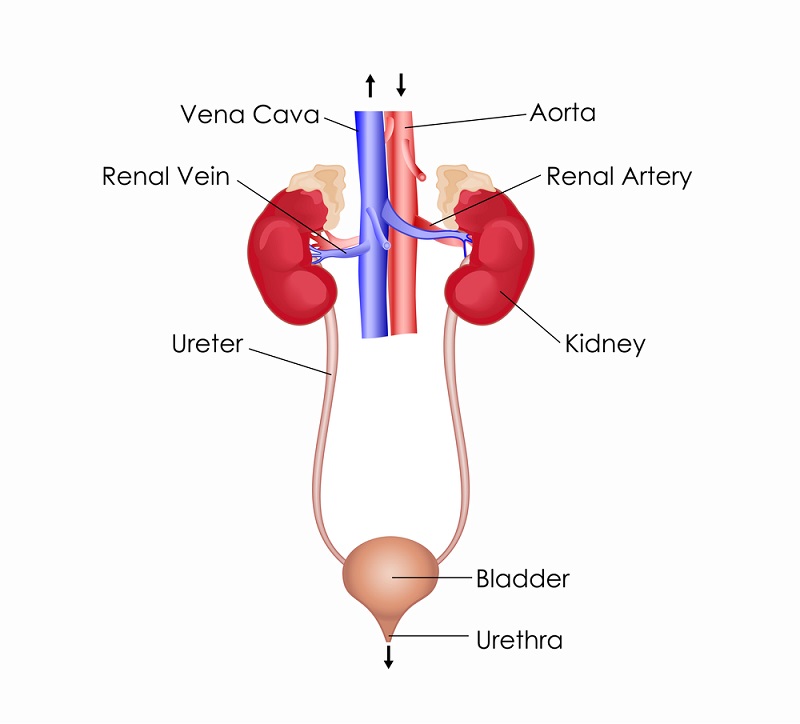Biology Display board
Biology-Biology is the natural science that studies life and living organisms, including their physical structure, chemical processes, molecular interactions, physiological mechanisms, development and evolution.
==========================================================================
Click here to see the biology display board-https://drive.google.com/file/d/1hkyvQ5ezH-G-jYQR8mzXVXoJIc5Ayobo/view?usp=sharing
========================================================================
Firstly we have the: Digestive system
The digestive system is also known as the gastrointestinal tract. It is the long twisted mouth from the anus. The hollow organs that make up the gastrointestinal tract are:
Mouth
Food pipe (ALSO KNOWN AS ESOPHAGUS)
Stomach
Small intestine
Large intestine
Rectum and anus
Along with the organs there are some solid glands as well; Liver and pancreas.
Let us now look at the function of each organ in a digestive system.
Mouth- The digestive process starts in your mouth when you chew. Your salivary glands make saliva, a digestive juice, which moistens food so it moves more easily through your esophagus into your stomach. Saliva also has an enzyme that begins to break down starches in your food.
Esophagus-The esophagus receives the food from the mouth. The food here passes through the peristalsis movement.
Stomach-The stomach is a hollow organ, or "container," that holds food while it is being mixed with stomach enzymes. These enzymes continue the process of breaking down food into a usable form. Cells in the lining of the stomach secrete a strong acid and powerful enzymes that are responsible for the breakdown process.
Small intestine- Functionally, the small intestine is chiefly involved in the digestion and absorption of nutrients. It receives pancreatic secretions and bile through the hepatopancreatic duct which aid with its functions.
Large intestine- Function of the large intestine is absorb water and salts from the undigested food.
Liver-The liver is essential for digesting food and ridding your body of toxic substances. Produces Bile juice for the digestion of fats.
Pancreas-During digestion, your pancreas makes pancreatic juices called enzymes. These enzymes break down sugars, fats, and starches.
Next comes the respiratory system.
The respiratory system is a biological system consisting of specific organs and structures used for gas exchange in animals and plants.
- Nose.-When you exhale the old air from your lungs, the nose is the main way for the air to leave your body. But your nose is more than a passageway for air. The nose also warms, moistens, and filters the air before it goes to the lungs
- Throat (pharynx)-The throat (pharynx and larynx) is a ring-like muscular tube that acts as the passageway for air, food and liquid.
- Voice box (larynx)-As the word says,voice box. Mainly helps us to speak
- Windpipe (trachea)-Your trachea, or windpipe, is one part of your airway system. Airways are pipes that carry oxygen-rich air to your lungs. They also carry carbon dioxide, a waste gas, out of your lungs.
- Airways (bronchi)-A bronchus (plural bronchi, adjective bronchial) is a passage of airway in the respiratory tract that conducts air into the lungs.
- Lungs.- lungs are part of the respiratory system, a group of organs and tissues that work together to help you breathe. The respiratory system's main job is to move fresh air into your body while removing waste gases.



Very nice biology about 4 systems 👍👍👍
ReplyDeletenicely done
DeleteVery nicely done bloging
ReplyDelete